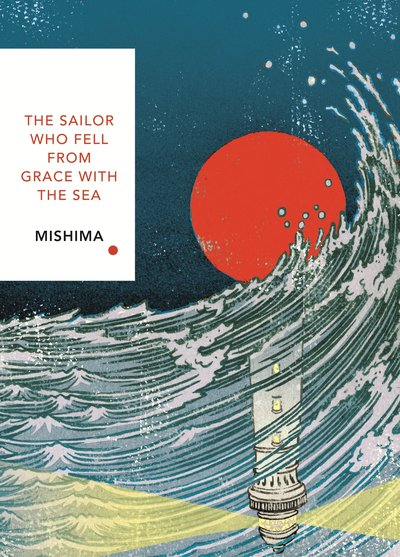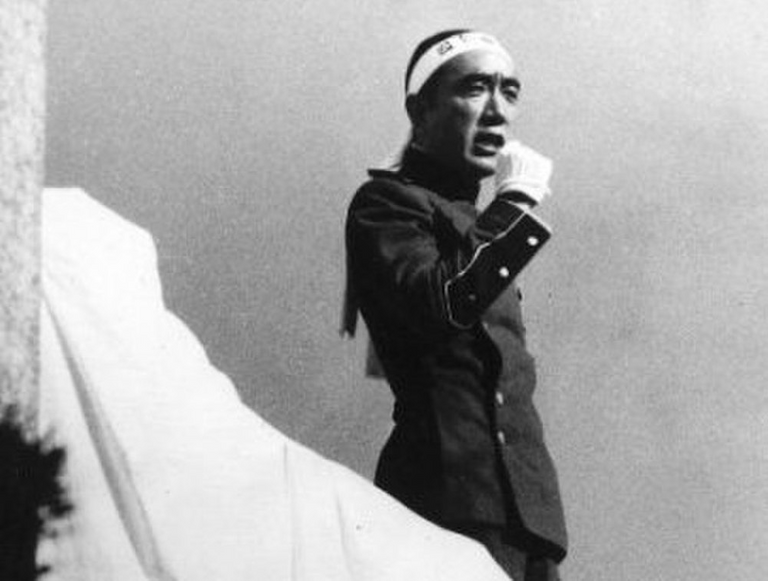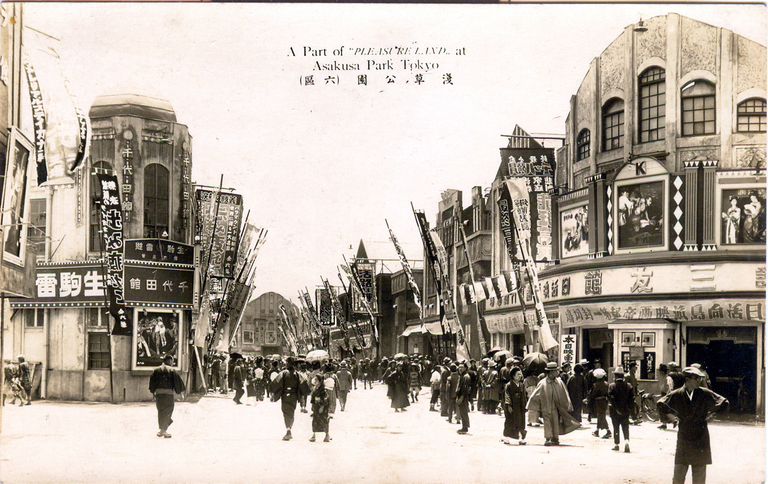
The Sailor Who Fell from Grace with the Sea is a novel written by Yukio Mishima, an influential political and philosophical figure in 20th century post-war Japan. Yukio was born on January 14, 1925, in Tokyo city. He would die, quite famously, by committing public ritual suicide in the barracks of the Eastern Command of the Japanese Self-Defense Forces in 1970.

Mishima was known most especially for his genius works of literature, creating popular Japanese novels such as Spring Snow, Sun and Steel, and The Sailor Who Fell from Grace with the Sea. He is considered to be one of the most important yet controversial writers in Japan during the 20th century. He is also one of my favorite authors.
In The Sailor Who Fell from Grace with the Sea, Mishima introduces us right away to several complex characters. Ryuji Tsukazaki, a sailor who is in search of honor and glory, believing in his heart that through facing the great ocean he could achieve this for himself. Noboru Kuroda, a young boy who admires Ryuji, believing him to justify what Noboru thinks is the meaning of existence. And Fuskao Kuroda, Noboru’s mother, is in a romantic relationship with the sailor.
The story revolves around Noboru and his attempt to understand life. He and his peers have a negative view of adults who they regard as sentimental, weak, and stale. Noboru wants to believe in honor and glory, and views Ryuji initially as its incarnation. They try to prove themselves by committing violent or criminal acts. Over the course of the story, Noboru becomes more involved with his wayward peers and we see his personality become more warped and intent on violence.
Ryuji on the other hand has a different change of heart. He falls in love with Fuskao, realizing that honor and glory were dreams that he could not hope to capture for himself. Noboru feels betrayed by this change of heart.
This story overall is an allegory for post-war Japan, with Fuskao representing the new, westernized post-war Japan, and Ryuji representing the old pre-war Japan. Ryuji falling in love and being seduced by this new woman to me represented Mishima’s view that Japan had been seduced by the wealth and culture of the West.

Japan, 1920
Source

Japan, 1960
Source
Noboru, I speculate, was a self-insert for the author himself.
I highly recommend this novel, words cannot do justice to the unique and expressive writing style that flows and reads easily from Mishima’s pen.
Congratulations @techoverlord! You have completed the following achievement on the Hive blockchain and have been rewarded with new badge(s) :
Your next target is to reach 20 posts.
Your next target is to reach 200 upvotes.
You can view your badges on your board and compare yourself to others in the Ranking
If you no longer want to receive notifications, reply to this comment with the word
STOPCheck out the last post from @hivebuzz:
I like Mishima, I uso to read him often during my university years, thank you for writing about his works, I resteem it.
Thank you for the comment and resteem - Mishima is one of my favorite authors. I will be writing more reviews of his books over the next few weeks :)